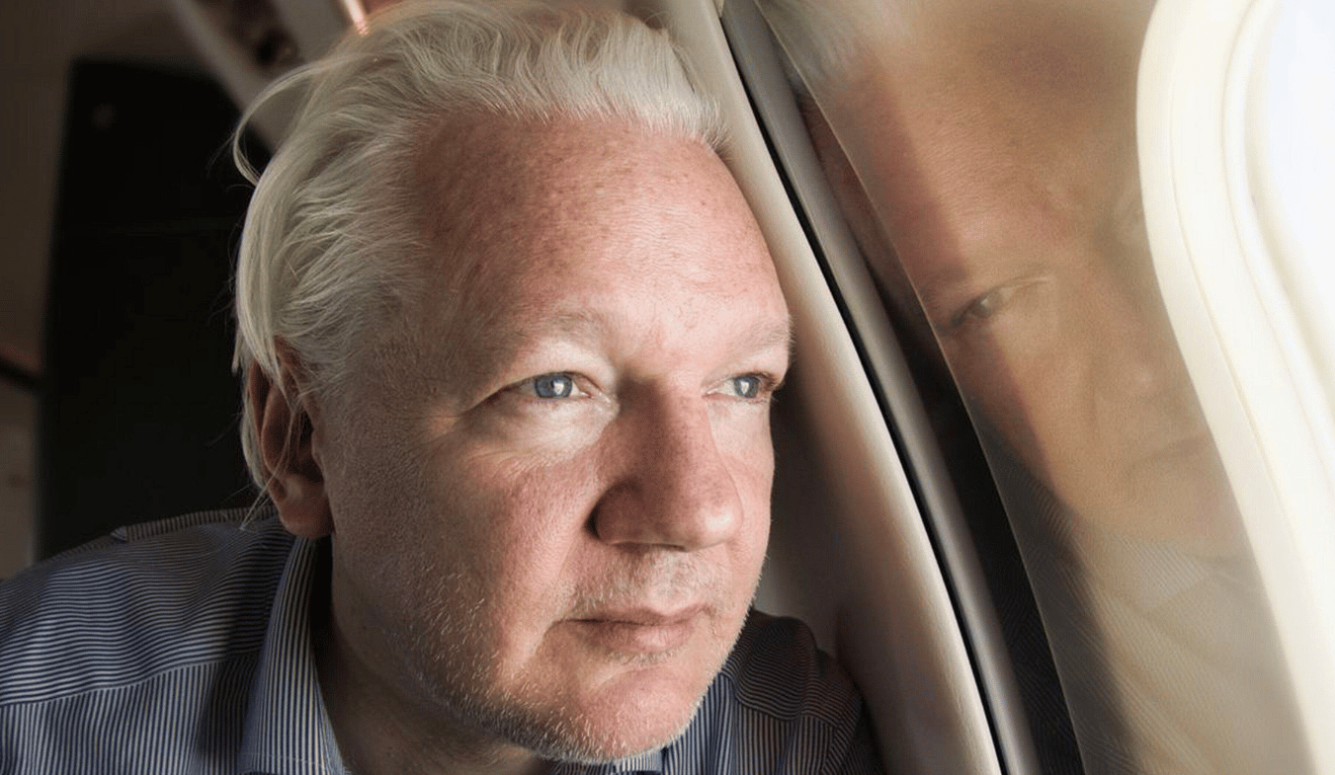Politics
The Travesty of the Assange Plea Deal
The complacency of American liberalism has been demonstrated yet again in its inability, or unwillingness, to guard the national interest.

Julian Assange’s protracted legal battle with the United States government has drawn to a close. After languishing in the British justice system since April 2019, Assange has been released after pleading guilty to a felony under the Espionage Act for illegally obtaining and disclosing US national-security material. In a remote outpost of the federal judiciary in the Pacific, the founder of WikiLeaks was given a sentence equivalent to the time he had already served in Britain and left a free man.
This is a travesty. It was once assumed that, were Assange to be apprehended, he would swiftly be extradited to American soil where he would be compelled to answer for his role in obtaining and publishing secret US military and diplomatic documents in 2010. During his time on the lam in the Ecuadorian embassy in London, before he was taken into custody by British authorities, however, there was a growing sense that efforts to prosecute Assange would be too little, too late, or both. By eluding justice for so long, and recruiting immense sympathy in the process, he has not only survived his battle with American power but arguably won it.





